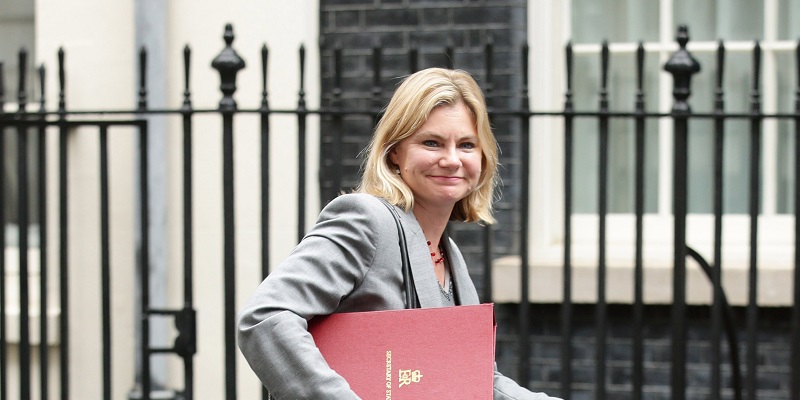Here’s a countdown of the most popular opinion pieces from 2016, as voted by you, the reader. (Minus the top 10 “explainers” which you can read separately.)
10. D&T departments must adapt or end up on the scrap heap
Design and technology is at a crossroads, announced Steven Parkinson in July, and school departments need to adapt or die. Here he describes 5 changes to the GCSE specs, and explains why they were needed to prepare pupils for the future they will inhabit – a world not of homemade coffee tables but of robotics, 3D printing and iterative product design.

9. Teacher references: A classic moral hazard for schools
Schools and staff waste hours on references for departing teachers that at best can be described as ambiguous. Do you tell the truth (“we’ve been trying to get rid of him/her for some time”) or should you move to a standard reference form? Legal expert James Lynas considers this timeless conundrum.
8. The seven deadly sins of executive headship
What happens when confidence becomes control, or mission becomes ambition? NAHT general secretary Russell Hobby and MAT CEO Toby Salt take turns imparting sound advice for executive headteachers, which obviously resonated, given the popularity of this article.
7. Factory-farmed teachers will fail our children
Jane Manzone’s criticism of the fast-track approach to teacher training proved popular last spring. Here she laments that teachers are spending less time in universities thinking, reflecting and questioning, and more time in schools under real working conditions.

6. How to make EAL pupils feel safer post-EU referendum
As teachers reported racist incidents in classrooms after the EU referendum, EAL expert Diane Leedham shared some sound advice on managing conflicts between pupils.
5. The 3 ideas every teacher should bin in 2016
Ross McGill kicked off the year with some suggestions for what schools should ditch in 2016. A year later, the question is: are these practices dead in the water or do they still have wind in their sails?
4. Is Justine Greening the first education secretary to attend a comprehensive school? Yes, sort of
As a frenzied interest in our new education secretary grew following her appointment in July, Laura McInerney drew on her encyclopaedic knowledge of ed-sec history to answer the question that education nerds across the country were debating: is Greening the UK’s first comprehensively-educated education secretary? Of course, the debate has now evolved somewhat, with the more relevant question being: will the first comprehensively-educated education secretary in history be the one to bring back grammar schools?

3. ‘My child was supposed to go to grammar school – we shop at Waitrose!’
When Joanne Bartley’s daughter failed her 11-plus, her opportunities contracted drastically. Selection, says her mother, is a self-perpetuating system that has little to do with social mobility.
2. ‘It’s all about the money’: The REAL reason behind forced academisation
“Once you eliminate the impossible, whatever remains, no matter how improbable, must be the truth.” Mike Cameron applied his detective skills to examine the possible reasons why the government is so keen on academisation, and came to a decisive conclusion.

1. Key Stage 1 changes take writing back to the 19th Century
Our most popular opinion piece this year, by miles and miles, was Ben Fuller’s recounting of a briefing session on the now notorious “exclamation sentences” as part of key stage 1 and 2 assessment moderation. Is this kind of testing going to lead to better standards in writing, he asked, or is it simply “promoting a formulaic ‘painting by numbers’ approach to writing?”
Save
Save







